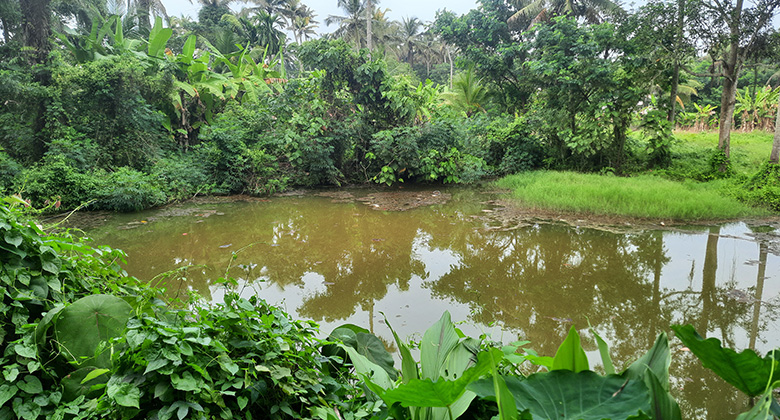
Wetlands call out to you - with their green, visible and invisible water bodies, the aquatic plants, be it the reeds or the hyacinths, the wind whistling through, nesting spaces for the winter and the summer visitors, while the resident birds fly around - a paradise flycatcher, taking spectacular dancing dips, the dragonflies circling, frogs jumping off the lily pads – the purple hens and jacana walking on the water, where the kingfishers shake off the water, drying themselves before tossing up their catch. The sun glistens, blinding you on a sunny day and warming you up on a cold day. The divine smell of the earth meeting the water as the aquatic plants scorch in the sun and the bubbling microbial activity is purifying the water - a wetland is heaven on earth . Buildings mark the horizon, fishermen cast their nets – wading through the water, you know this scenic view will change – development will strangulate the land and shrink it making it flood or drought prone. As the sun moves up watching the fly-past of geese, and watch those cormorants catch their fish, a snake moving past- savor it while it lasts.
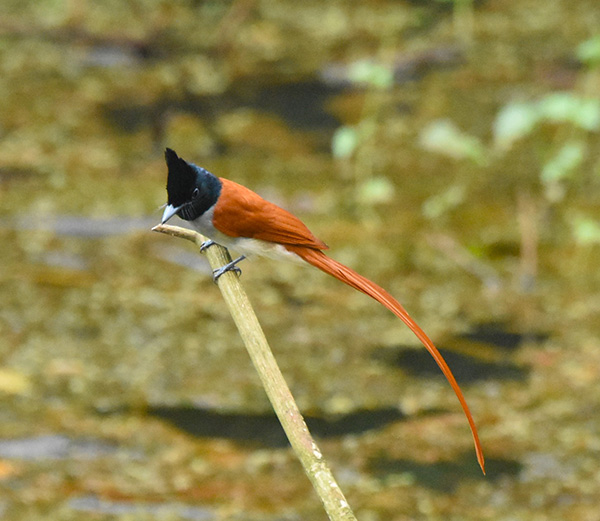
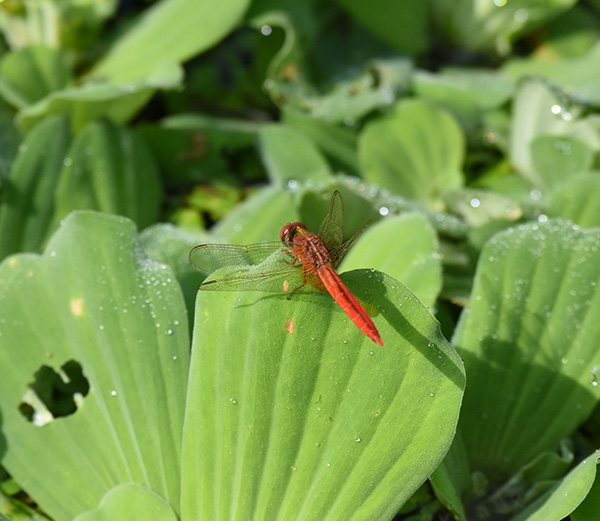
Every second day of February is observed as International Wetland Day. Just to get a little acquainted -A wetland is a land covered permanently or seasonally by water. In water resource management practices, wetlands have emerged as an important nature-based solution (NBS) that has the potential to regulate the water cycle and improve water quality. Types of wetlands are coastal/marine, inland, and man-made wetlands, classified based on their location, vegetation format, hydrological conditions, and whether they are natural or man-made. Each of these unique ecosystems supports biodiversity and some of them are havens for migratory birds. The soil and microbial communities remove contaminants from surface water, runoffs, and wastewater by improving water quality and enriching soil nutrients. They play a crucial role in erosion control, moderating the flow, retaining groundwater, and also play a key role in preventing droughts and floods. The richness and usefulness of the wetlands were first brought to the notice of the world by the Ramsar Convention on Wetlands in 1971 , To mention a few Ramsar sites in India, Sambar Lake Odisha, Sultanpur & Jhajjar Haryana, Thol Ahmedabad, Vembanad in Kerala are some of them - this year 2024 , 5 new Ramsar sites were added to this list, making it a total of 80.
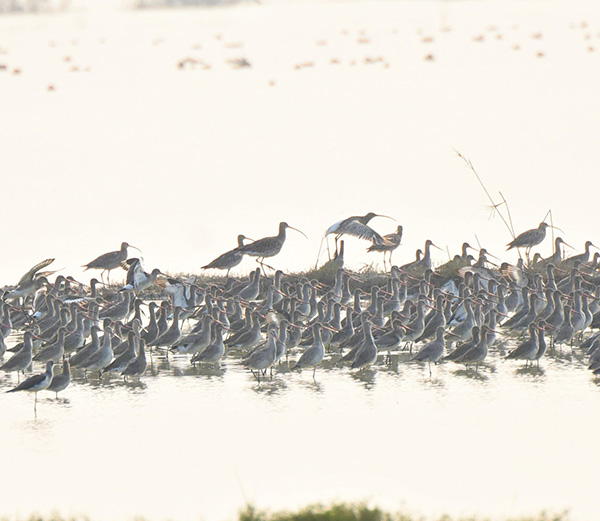
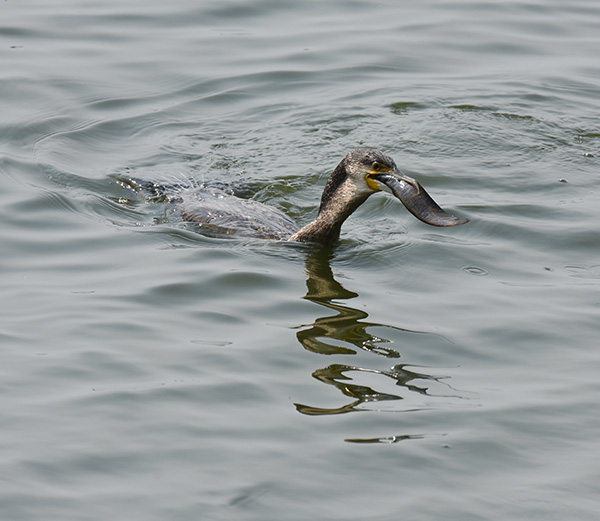
The theme chosen this year is for the Wetland Day is 'wetlands and human wellbeing’ especially at a time when worldwide human activities are the reason for expanding cities, drainages, and fishing that has endangered these ecosystems immensely. Wetland Day is being observed to bring attention to these nature-based solutions to combat climate change. Simple individual actions like segregating our waste at homes can stop our garbage from reaching wetlands near us. Reusing and recycling plastics to the maximum possible extent and being mindful about preventing the pollution of water bodies are important. Acting responsibly in and around the wetlands so that you may enjoy the scenic view without creating any disturbances to the local balance of the fauna and fauna is crucial. Know the wetlands near you and be part of the citizen groups that take up walks and cleaning of these sites. Initiating young children to understand the wetlands would help them be part of protecting our environment.
TAGS
SHARE





